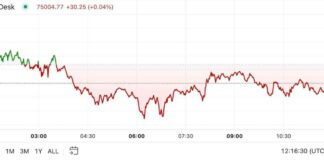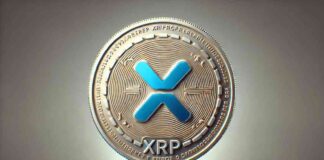Lido, a popular staking platform, has recently introduced a new feature that allows users to stake their ETH on different layer-2 networks like Arbitrum, Base, and Optimism. This new feature is made possible through the integration of Chainlink’s Cross-Chain Interoperability Protocol (CCIP).
By using Chainlink’s CCIP, Lido users can now stake their ETH on various blockchain networks and receive wrapped staked ETH (wstETH) in return. This new Direct Staking feature aims to enhance liquidity and promote cross-chain interoperability across different layer-2 networks.
In addition to the staking integration, Lido will also be utilizing Chainlink’s Data Feeds to determine the redemption rate of wstETH on the Ethereum network. This will provide reliable data for the exchange rate, ensuring transparency and accuracy in the staking process.
Furthermore, Lido will leverage Chainlink Automation to batch cross-chain ETH transfers, which will help in managing liquidity more efficiently. The decision to choose Chainlink CCIP was based on its advanced security measures and proven track record in securing decentralized networks.
Previously, users had to go through several steps to exchange ETH for wstETH, but with this new integration, the process is streamlined into a single transaction. This makes it easier for users to stake their ETH directly from networks like Arbitrum, Base, and Optimism and receive wstETH without any additional steps.
The Chief Business Officer of Chainlink Labs, Johann Eid, mentioned that this integration will simplify the staking process for Lido users and make liquid staking tokens more accessible in low-fee, fast-execution environments. This move is expected to contribute to the growth of the onchain economy and further expand the use of liquid staking tokens in the DeFi ecosystem.
Overall, the integration of Chainlink’s CCIP with Lido’s staking platform is a significant development that will benefit users looking to participate in staking activities across different blockchain networks. This seamless cross-chain interoperability will not only improve accessibility but also enhance the overall user experience in the decentralized finance space.


















